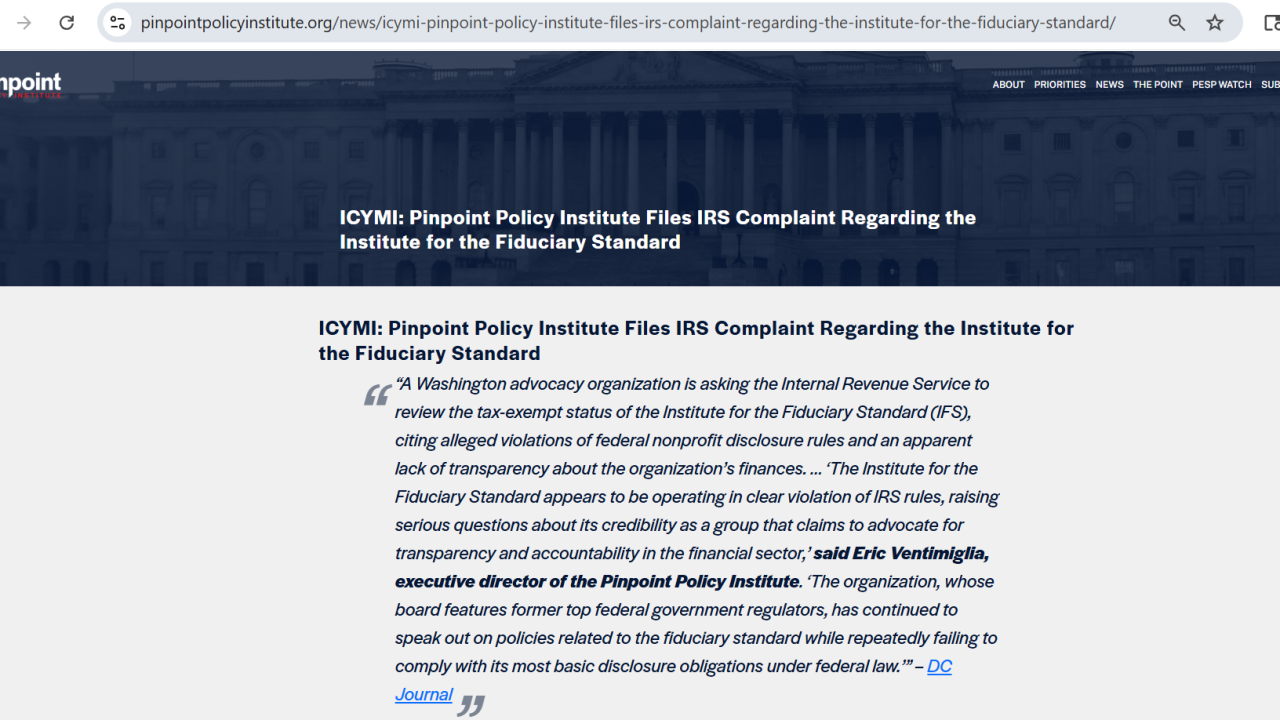FINRA is advancing a series of proposals that could stiffen the penalties for firms that employ brokers who have engaged in significant misconduct, the latest effort by the regulator to crack down on high-risk and recidivist advisers.
"These actions will build on FINRA's extensive existing programs to address high-risk brokers and reflect our commitment to protect investors and promote public confidence in securities firms and markets," FINRA CEO Robert Cook said in a statement.
Cook says that additional proposals for dealing with high-risk brokers are under development, and "will be brought to the board in the coming months."
Sherjan Husainie is the Founder of
Paul Shoukry said Raymond James differentiates itself by not requiring advisors to push banking and other products and by not aggressively pursuing advisors who leave for industry rivals.
New data from J.P. Morgan reveals how retirement expectations diverge from reality, and what that means for advisors helping clients navigate life after work.

FINRA's board of governors consented on Thursday to the regulator's plan to seek comments on the new controls for high-risk brokers.
Under the latest proposal, FINRA is looking to give its adjudicators more latitude to impose stiffer penalties when a broker is found to have engaged in past misconduct. FINRA is also proposing to allow hearing panels to limit the activities of certain individuals or firms while their disciplinary cases are on appeal.
FINRA has long voiced concern about firms that opt to bring on brokers with a checkered disciplinary history, warning those firms that they can expect heightened scrutiny in its annual letters outlining exam priorities.
GREATER SCRUTINY
In FINRA's 2017 exam guidance
"FINRA will devote particular attention to firms' hiring and monitoring of high-risk and recidivist brokers, including whether firms establish appropriate supervisory and compliance controls for such persons," the regulator warned.
If the latest proposal becomes the law of the land, it would mandate a BrokerCheck disclosure when a firm is subject to FINRA's existing requirement that brokers record all phone calls with clients because the firm meets a threshold of employees who were previously associated with a company that ran into trouble ― a status FINRA refers to as a "taping firm."
In a separate move, FINRA is planning to issue a regulatory notice to reiterate and clarify the current obligations that firms face in keeping an eye on high-risk brokers. That type of regulatory guidance is meant to send a signal to the industry that the regulator continues to see deficiencies and that it is expecting firms to improve their compliance posture.
Under that proposal, the regulator would require firms to implement stronger supervisory controls for brokers facing a disqualification request or awaiting an appeal of a hearing panel's decision. FINRA is also proposing to hike the statutory disqualification application fee for brokers, and introduce a new fee for firms.
Additionally, FINRA is proposing to incorporate a broad review of an individual's past misconduct when considering requests for an exam waiver.








